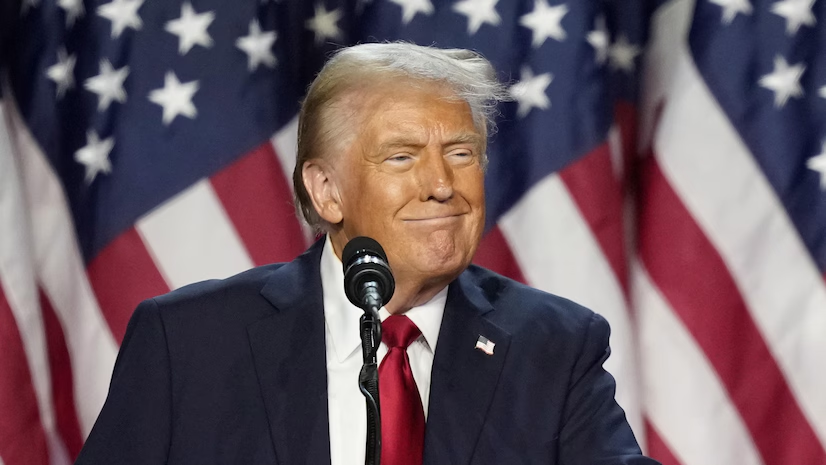In a controversial move, former President Donald Trump has signed an executive order temporarily halting the enforcement of the Foreign Corrupt Practices Act (FCPA), a decades-old law that prohibits U.S. companies and individuals from bribing foreign officials to gain business advantages. The decision has sparked widespread debate, with critics arguing that it undermines anti-corruption efforts, while the Trump administration claims it levels the playing field for American businesses competing internationally
The Executive Order: What It Means
Trump’s executive order instructs Attorney General Pam Bondi to pause all enforcement actions under the FCPA until new protocols are established. The order also calls for a reassessment of current and previous FCPA cases. According to the administration, the move is aimed at evaluating whether the FCPA places U.S. companies at a competitive disadvantage compared to foreign rivals who may not face similar restrictions.
Reasoning Behind the Decision
The Trump administration has long argued that the FCPA’s strict enforcement has hindered American businesses, particularly in industries where bribery is commonplace abroad. Trump himself has called the law a “catastrophe,” claiming it deters foreign entities from doing business with U.S. companies. By temporarily halting enforcement, the administration hopes to create a more favorable environment for American firms operating overseas.
Attorney General Pam Bondi’s Role
As part of the executive order, Attorney General Pam Bondi has directed the Department of Justice (DOJ) to prioritize FCPA investigations tied to cartels and transnational criminal organizations (TCOs). This shift in focus means that cases without connections to criminal operations will take a backseat. Additionally, Bondi has relaxed procedures for federal prosecutors, allowing local U.S. Attorney Offices to initiate FCPA cases related to cartels or TCOs with just 24 hours’ notice to Main Justice.
Background on the FCPA
Enacted in 1977, the FCPA was designed to prevent U.S. companies from engaging in corrupt practices that undermine the rule of law in foreign countries. Over the years, it has become a cornerstone of ethical business practices for American firms operating globally. The law has also been instrumental in holding corporations accountable, with the DOJ resolving approximately 30 corporate FCPA cases during Trump’s first administration, resulting in over $14 billion in monetary penalties.
Criticism of the Move
The decision to halt FCPA enforcement has drawn sharp criticism from legal experts and anti-corruption advocates. Richard Nephew, a scholar at Columbia University, argues that the FCPA provides U.S. companies with a clear framework to reject bribery, fostering trust and integrity in international business dealings. Critics also warn that weakening the FCPA could embolden corrupt practices and damage America’s reputation as a leader in promoting transparency and accountability.
Implications for U.S. Businesses
While the Trump administration claims the pause will benefit American companies, the long-term consequences remain uncertain. Some fear that relaxing FCPA enforcement could lead to a rise in unethical business practices, ultimately harming U.S. interests. Others worry that the move could strain diplomatic relations with countries that have partnered with the U.S. to combat corruption.
Conclusion
The temporary halt of FCPA enforcement marks a significant shift in U.S. anti-corruption policy. While the Trump administration frames it as a necessary step to support American businesses, critics argue that it risks undermining decades of progress in promoting ethical business practices. As the debate continues, the global business community will be watching closely to see how this decision impacts international trade and the fight against corruption.
Disclaimer: The information in this article is based on online sources and is subject to verification. Readers are encouraged to cross-check details, as the author and publisher assume no responsibility for inaccuracies or actions taken based on this content.
